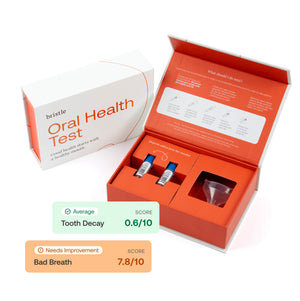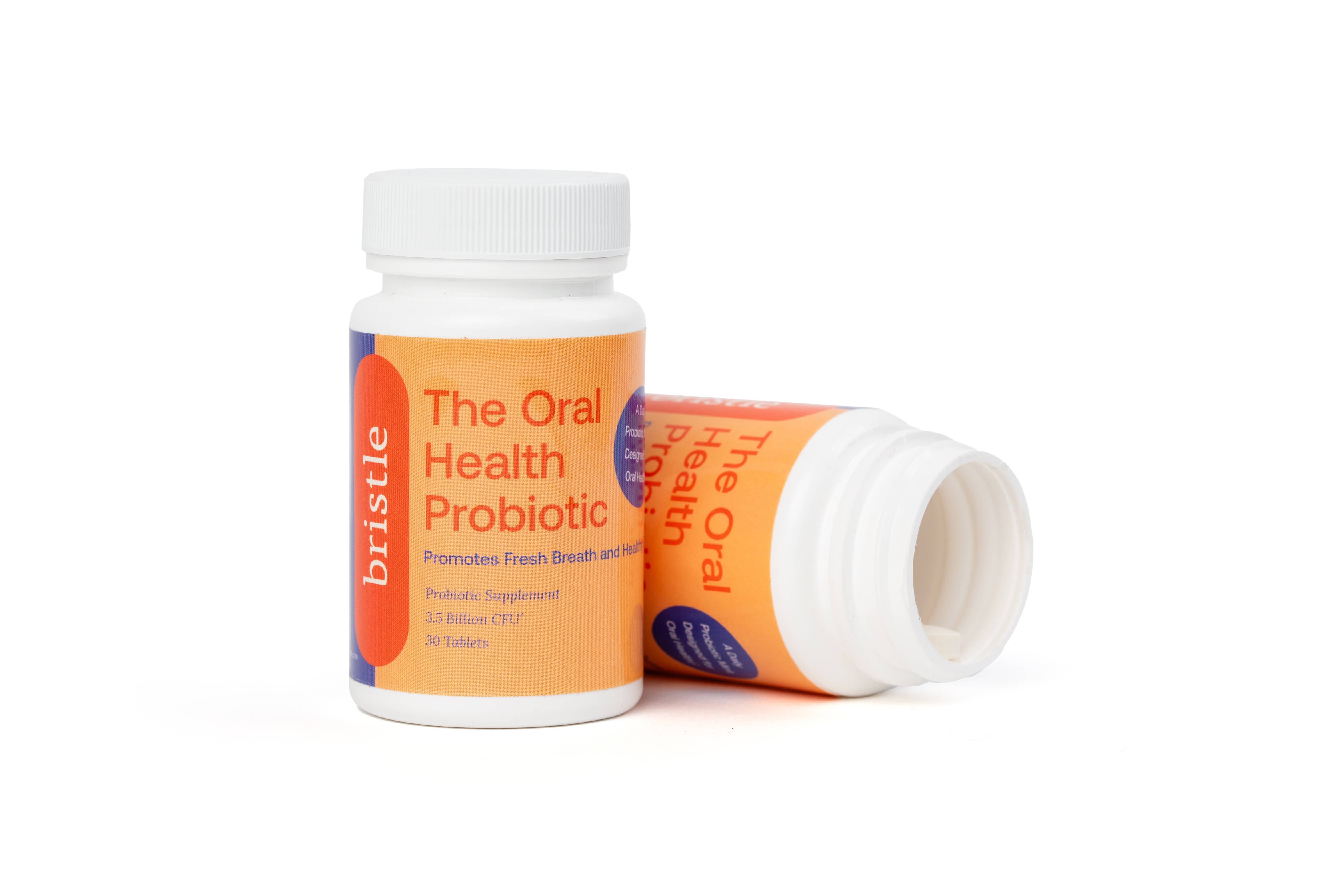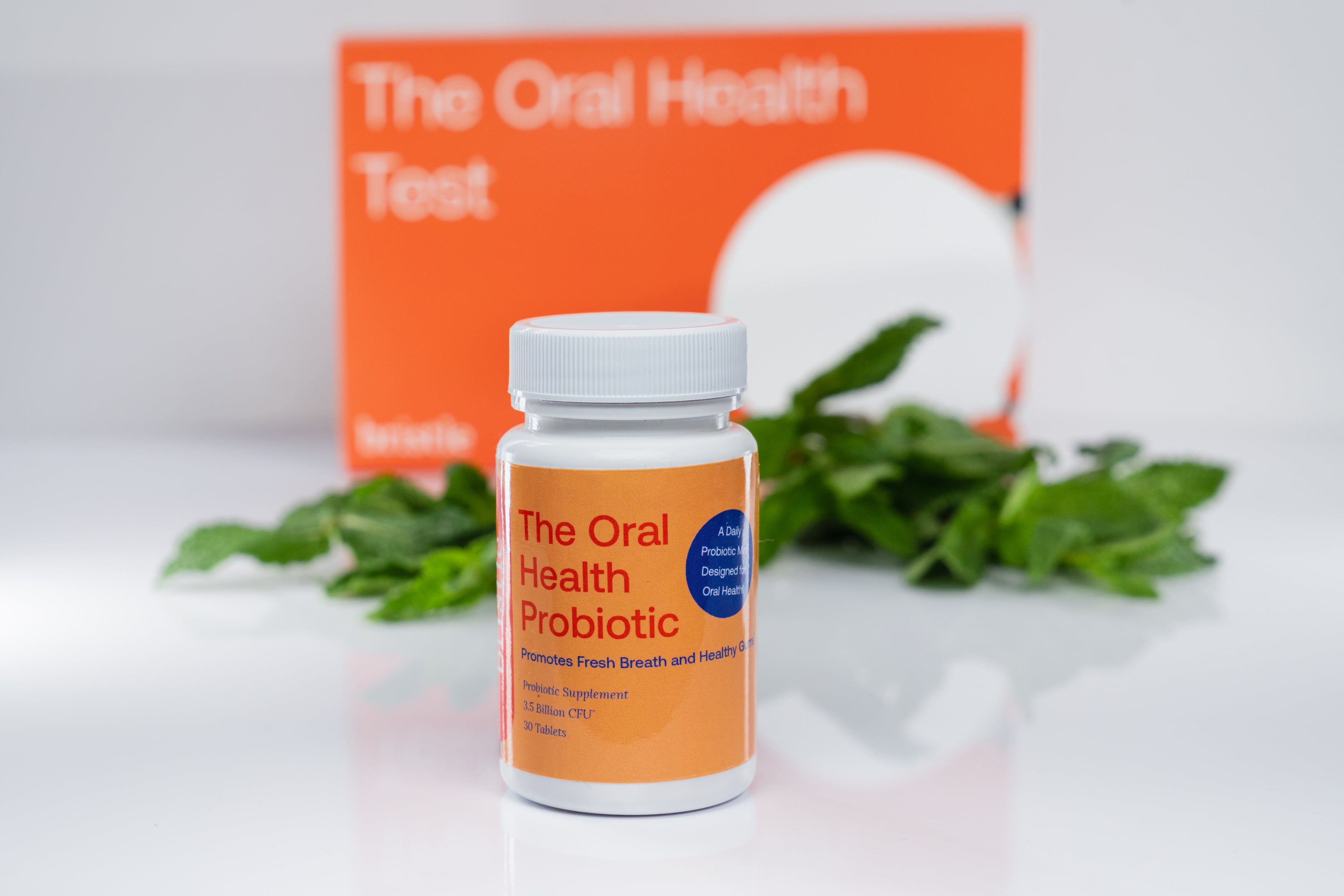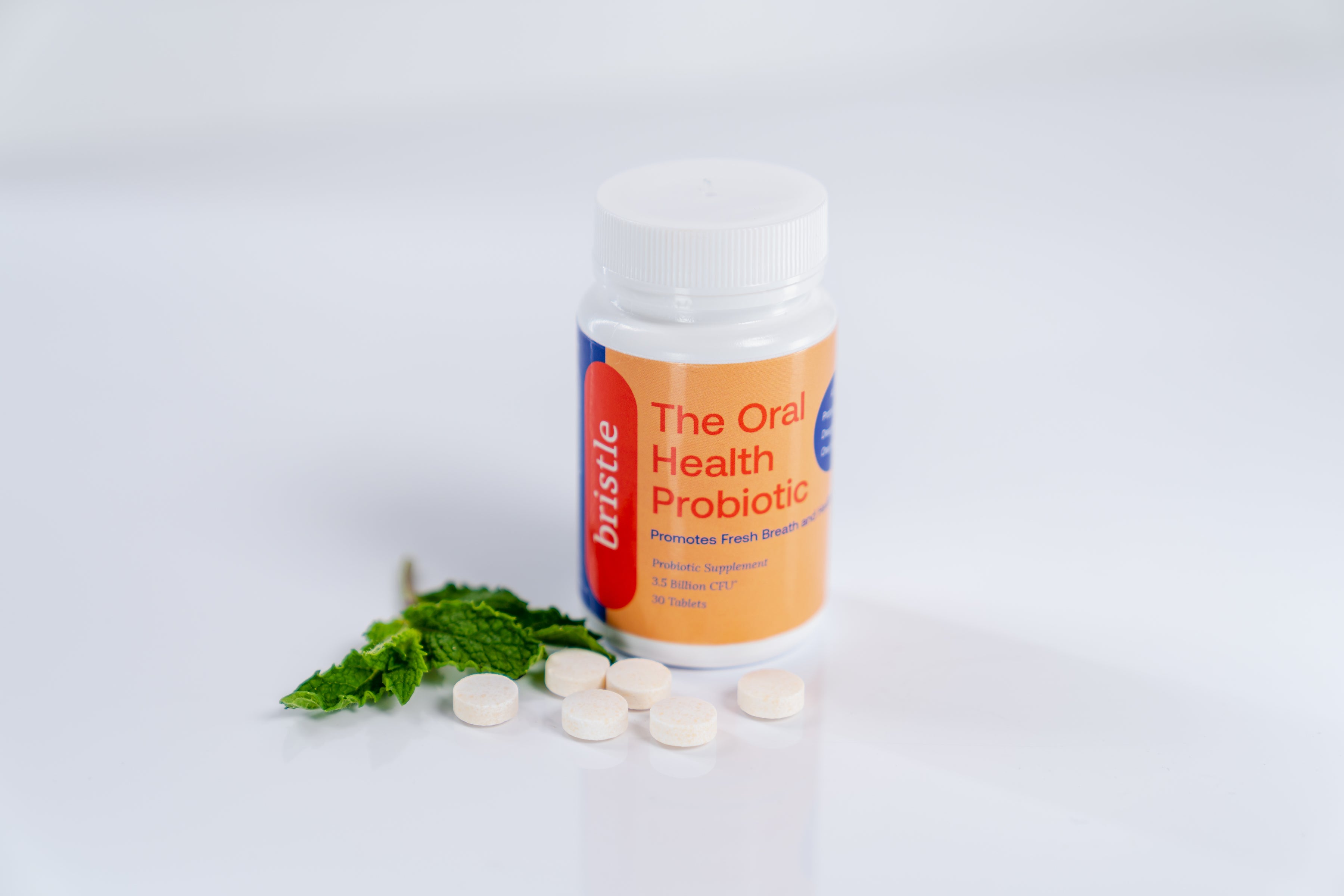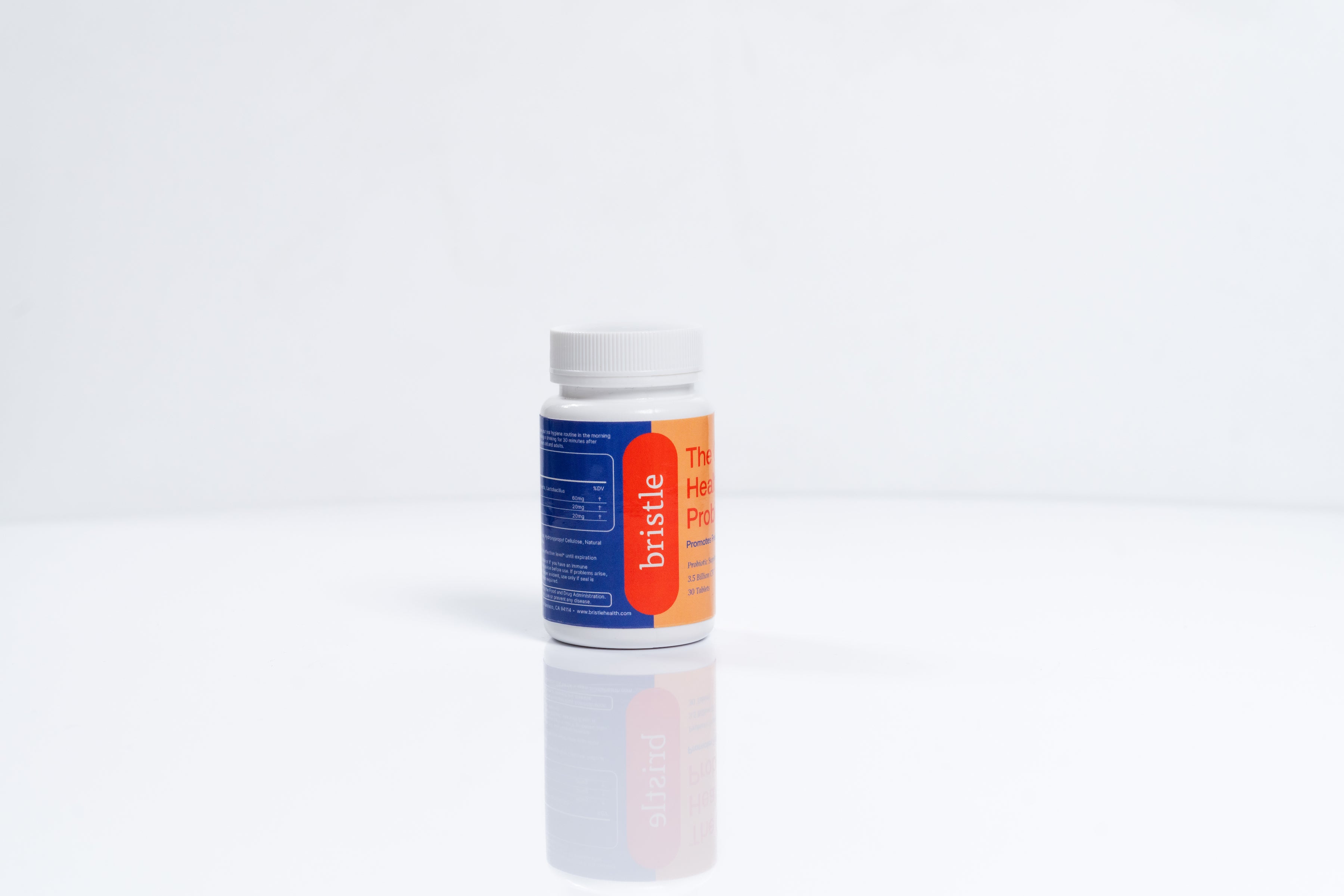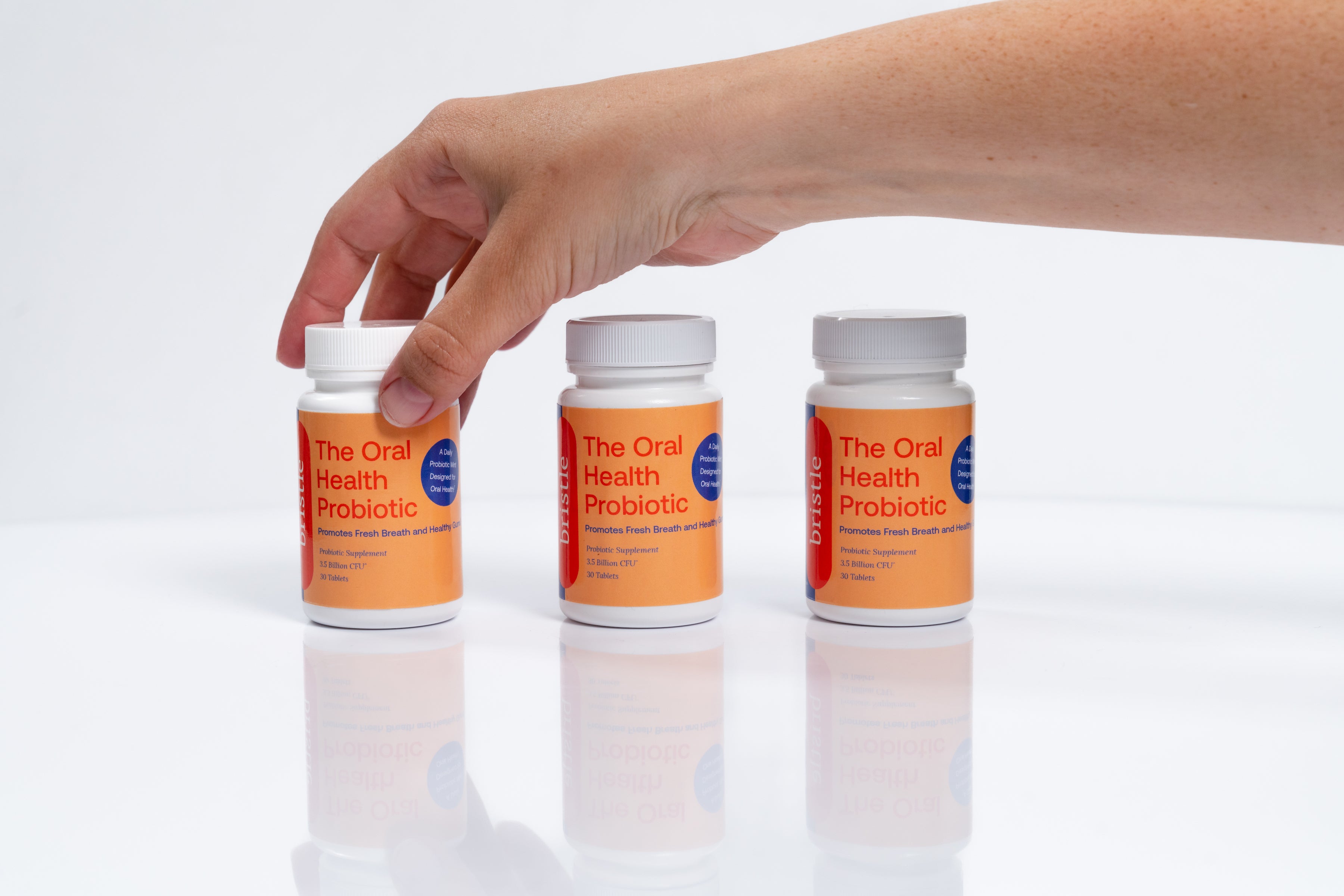Everyone talks about how stress can affect your health. From raising your blood pressure to draining your energy, there’s no shortage of information out there about how bad stress is for your mind and body. But did you know it can affect your oral health too?
While stress doesn’t cause cavities or other oral diseases by itself, it does have the potential to exacerbate existing problems. A stressed person may chew gum or eat sugary snacks more frequently than usual. Additionally, stress may lead to an increase in appetite as well as a decrease in saliva production. This combination makes it easier for the body to develop cavities and other oral diseases during stressful times.
Understanding how stress can negatively impact your oral health is the first and most crucial step to avoiding it. While brushing your teeth and flossing may be the furthest thing from your mind when you’re stressed, it’s important to keep this critical part of healthcare in your sights.
The Cortisol Response and Oral Health
Cortisol is the hormone your body produces to regulate the stress response (1). In excess, cortisol can lead to inflammation, elevated blood pressure and blood sugar, and an interrupted sleep cycle.
When we’re under stress, our bodies produce higher levels of cortisol, which ultimately affects oral health. High levels of cortisol can cause inflammation, which increases your risk of developing periodontal disease.
Another big problem with excessive cortisol is the decrease in salivary production. Decreased saliva leads to an increase in bacteria in the mouth leading to bad breath and cavities.
6 Ways Stress Adversely Affects Your Oral Health
Cortisol isn’t the only thing working against your oral health during periods of stress.
Many of the oral health issues that come from stress are indirect responses to the situation. Here are some of the most common issues stress generally causes:
Dry Mouth
Many people experience a dry mouth at some point in their lives, and it’s usually a temporary condition. Dry mouth is a condition that causes a decrease in the amount of saliva in the mouth. This can mean a decrease in oral health, including an increased chance of tooth decay, gingivitis and periodontal disease.
Clenched Jaw and Grinding Teeth
Jaw clenching and teeth grinding aren’t uncommon in stressful situations. You may not even realize you’re doing it.
While it may seem harmless, these common stress responses can lead to:
The more often you clench your jaw or grind your teeth, the more likely you are to encounter these issues and the worse they become.
Cold Sores
Cold sores are a member of the herpes simplex virus-1 (HSV-1) family, which often appear when your immune system has its guard down.
These painful sores appear on the mouth and can take several days to disappear.
Canker Sores
Stress itself doesn’t cause canker sores, but it facilitates the behaviors that cause them. Poor brushing habits and a poor diet are often the cause, both of which are often the result of coping with stress.
Gum Disease
When you feel stressed, you may experience a decrease in your immune response, resulting in an increased risk of infections in your body, including your mouth. Depending on the bacteria in your mouth, also known as the oral microbiome, this can lead to symptoms of early gum disease.
The mouth is a gateway to the body, as it contains the first and last line of defense, the immune system. As stress lowers your immune system it allows for oral problems such as inflammation. When bacteria finds its way into your mouth it can easily work its way into your bloodstream through inflamed gums, which can quickly lead to a wide range of unwelcome adverse health effects ranging from pneumonia to cardiovascular disease (2).
Poor Oral Hygiene
Perhaps the most obvious, poor oral hygiene is one of the biggest issues with oral health related to stress. It’s hard to prioritize oral health during stressful times as energy is low and time may not always be on your side.
With poor oral hygiene come issues such as cavities, bad breath, and gum infections.
Maintaining Your Oral Health When Stressed is Important
While it’s important to manage stress when it occurs, you should also do your best to maintain your oral health, regardless of how you feel. Healthy habits, such as regular brushing and flossing, as well as rinsing your mouth with water after eating, are easy to maintain and well worth the time and effort.
Stress management, in itself, goes a long way in helping to protect both your physical and oral health. A little stress here and there is an unavoidable part of the human experience, but if you find yourself dealing with stress on a day-to-day basis, it may be time step back and reevaluate your situation.
Take breaks often to manage stress, eat healthy meals, and drink plenty of water.
Reducing Your Stress-related Symptoms
Stress isn’t easily rectified. Yes, sometimes it’s a matter of moving out of a stressful environment, but stress can take many shapes and affect everyone a little differently. Talk to your primary care physician and see what they suggest. Maybe a behavioral professional is in your future. Sometimes reducing stress is as easy as talking about your problems.
Contact your dentist and see if a mouth guard will help. It’s paced in your mouth at night to limit jaw clenching and teeth grinding.
Stress can make you consume things you’d usually not. Avoid hard objects tobacco and alcohol. If you’re not brushing your teeth regularly, then try to limit food that easily gets caught in your teeth like seeds or popcorn. Also, be wary of eating more sugar than you normally would.

